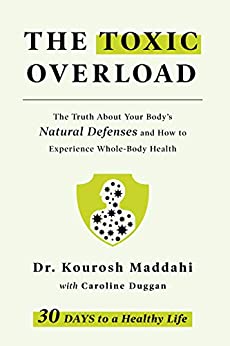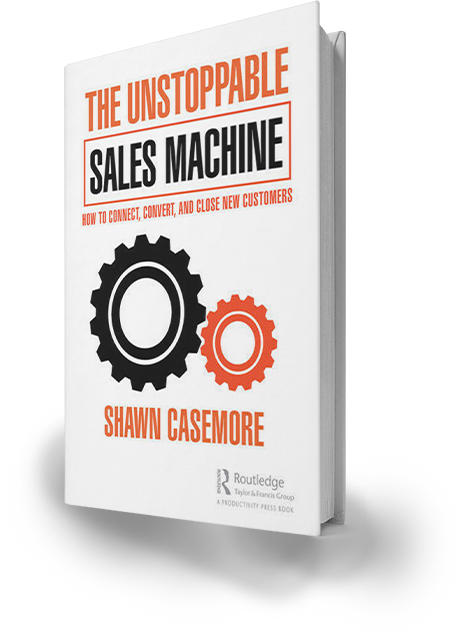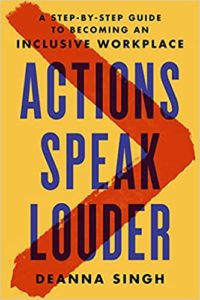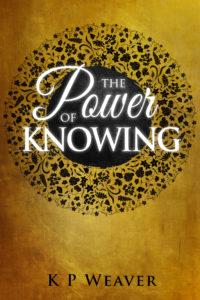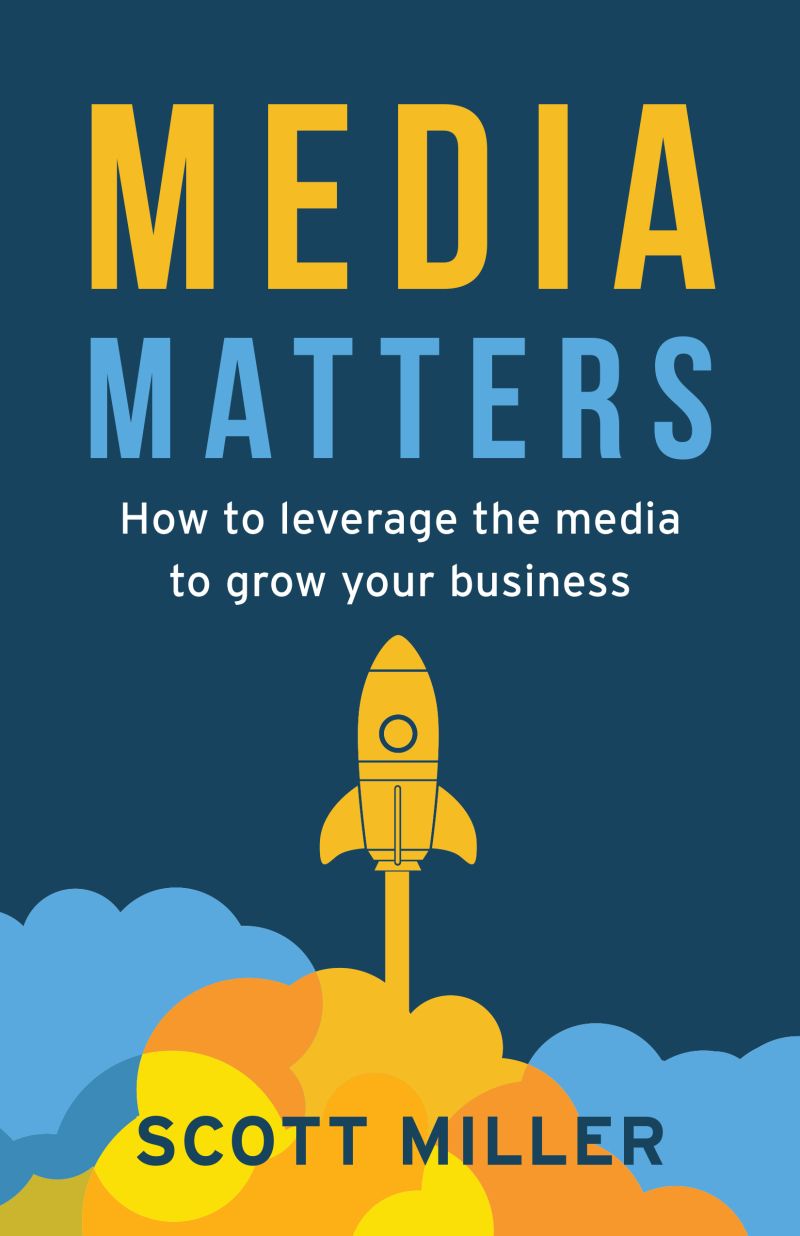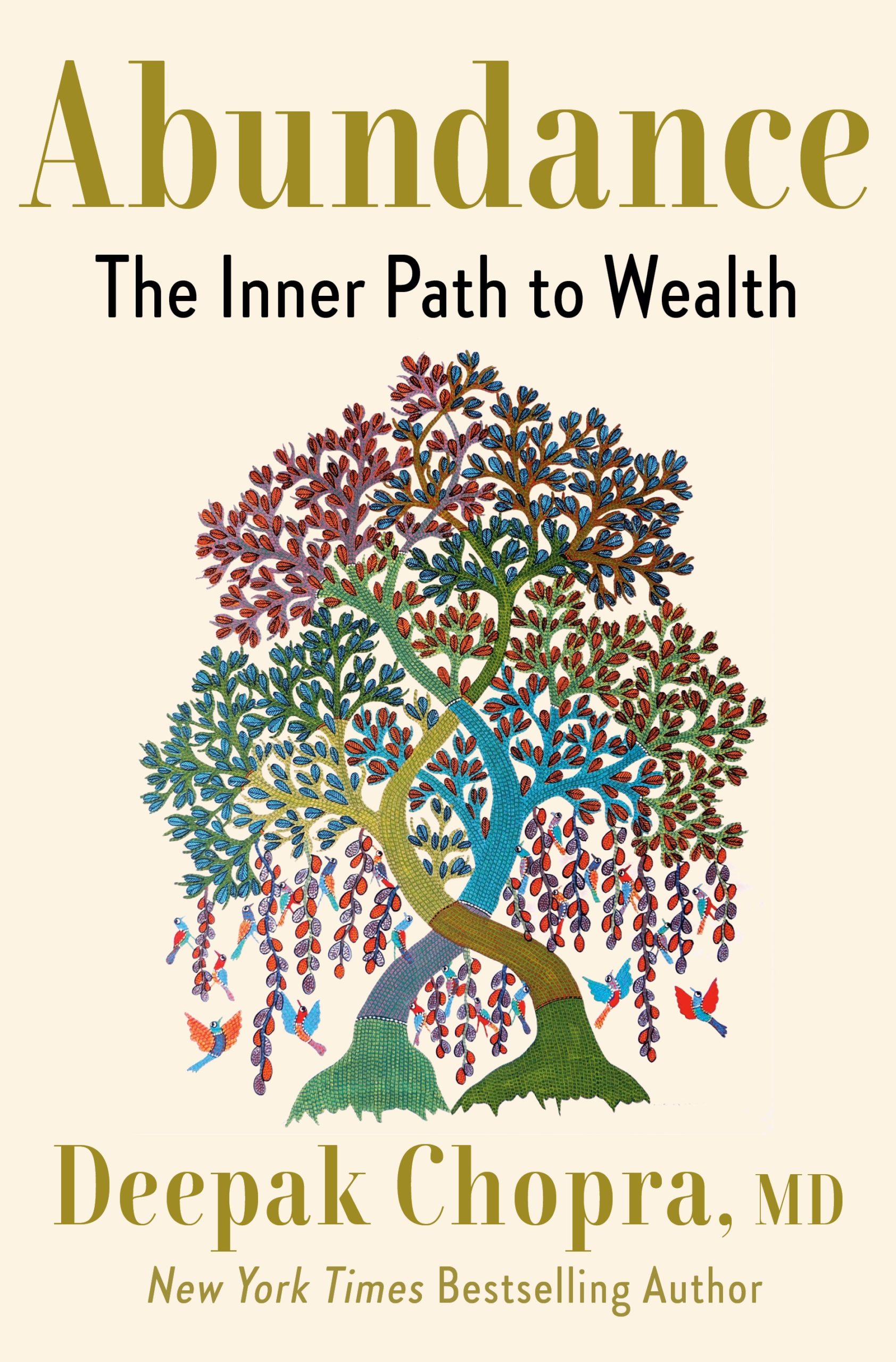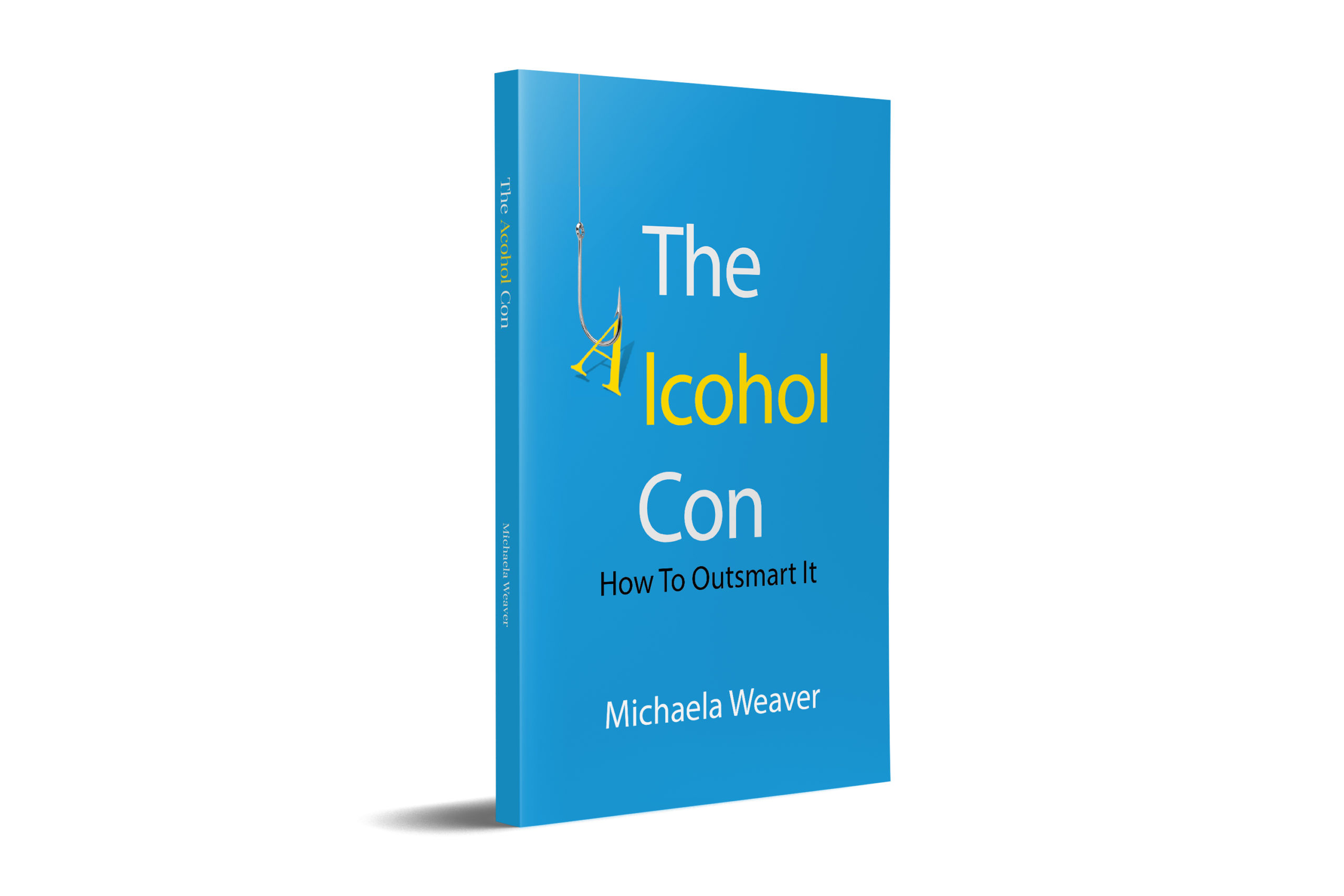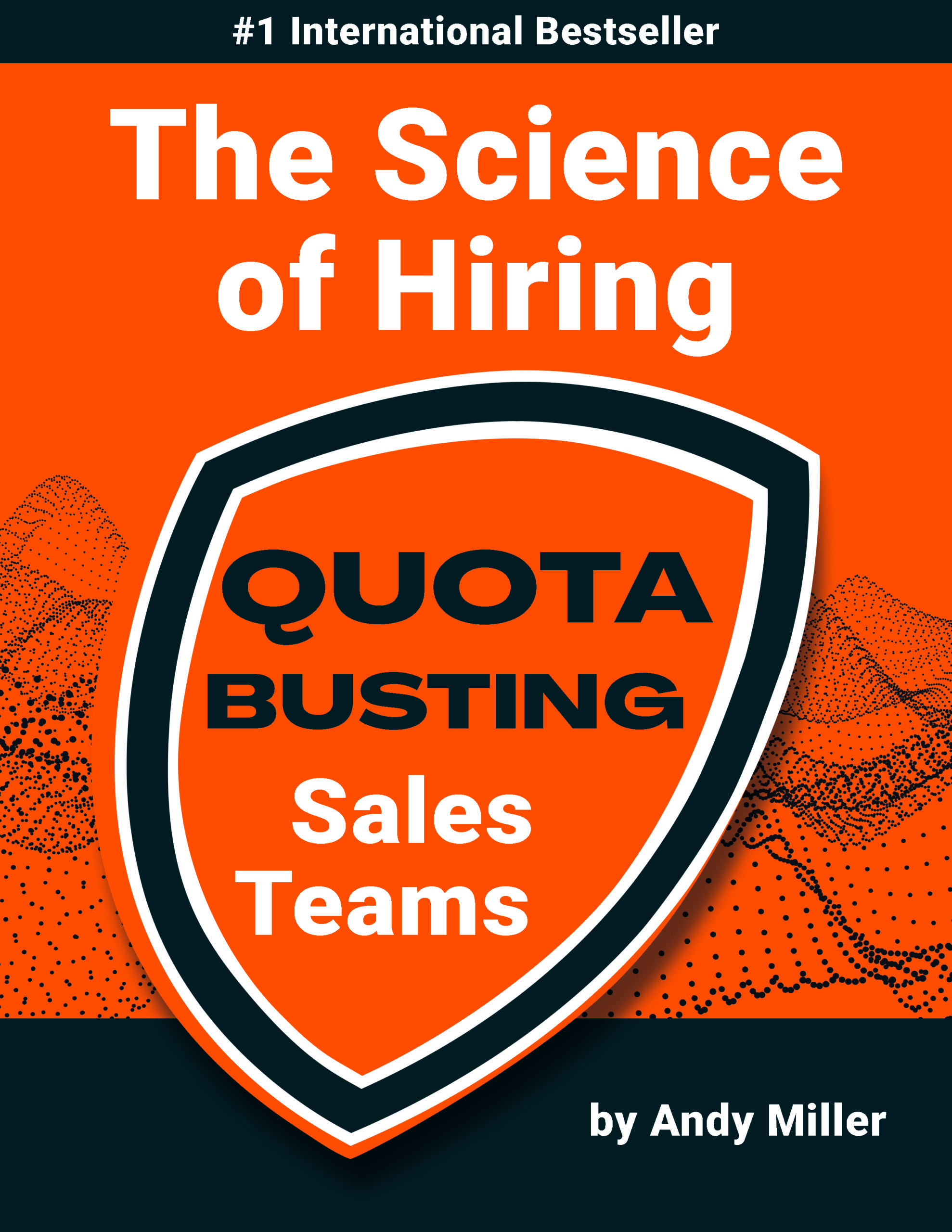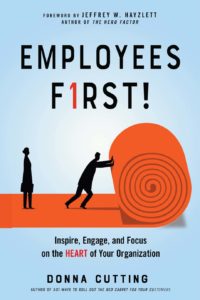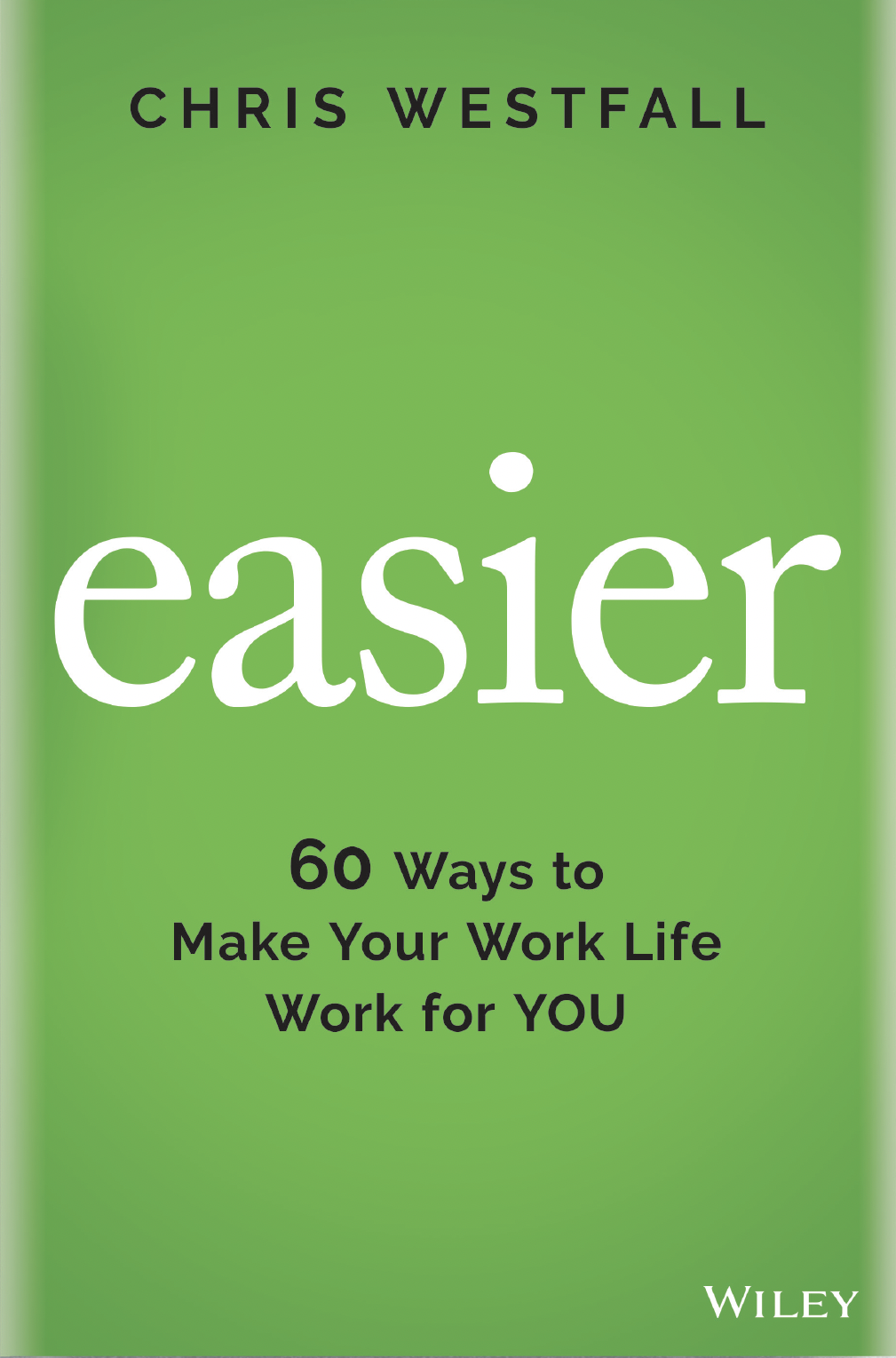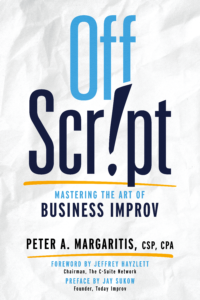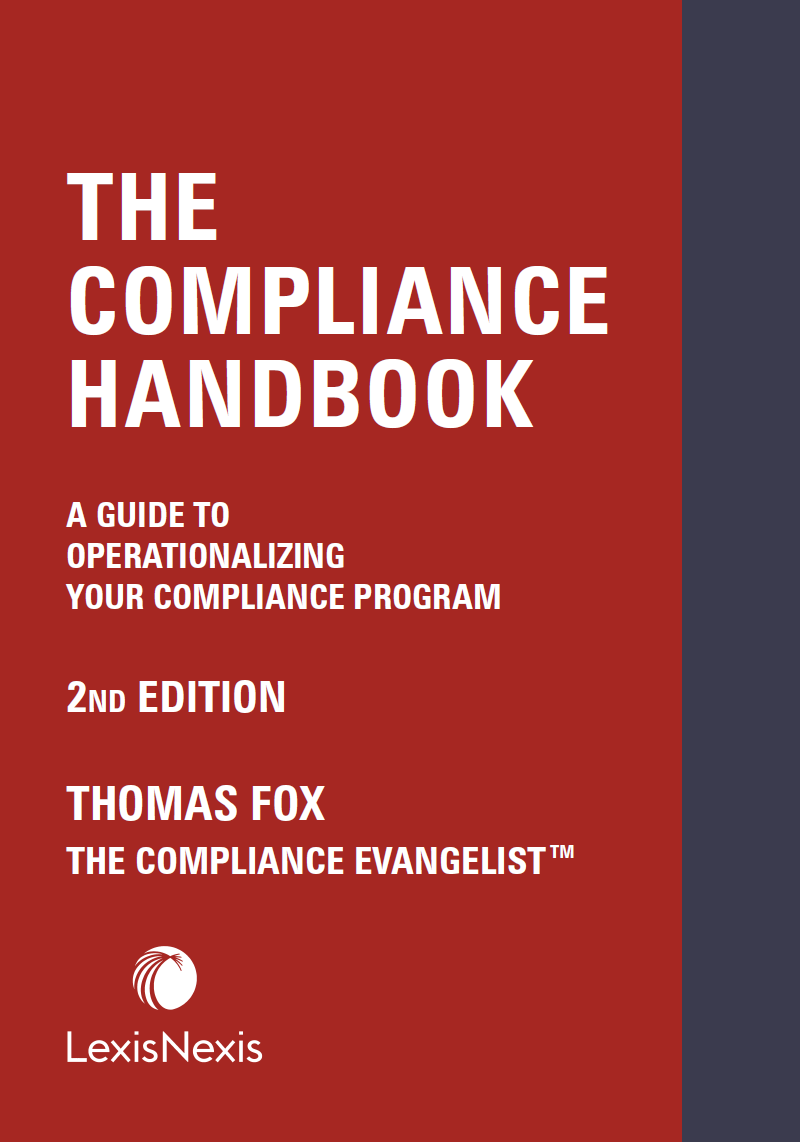I’m at a Networking Event–Now What???: A Guide to Making the Most Out of Any Networking Event
Sandy Jones-Kaminski
Everyone knows the feeling – you get to an event and, not knowing who to talk to or where to turn, you start to freeze up. Read this book to find the remedy for networking stage fright as well as how not to feel sleazy when you’re trying to cultivate connections at events. It offers a compendium of stories, advice, and resources for how to network easily, naturally and effectively. The book also provides valuable information on social networking tools and technology that will promote new contacts and connections.
Today, more than ever, the quality of your network contributes to your net worth. And the only way to create a quality network is to actually focus on quality over quantity when attempting to make new connections. Through this #1 pick on the Inc.com 2010 Business Book Wish List, you will learn how to:
-make quality connections
-cultivate relationships that drive new business and increase the value of your professional brand
-expand your circle of influence through networking at events and social networking tools
-write a great introduction email
-create good “social capital”
-stop dreading networking events!
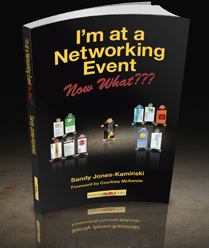

Preparation is key with everything in life. When you cook, it takes the pressure off if you measure all your ingredients before you begin. When you sign up for a marathon, you train for months ahead of time by running various distances until you are able to complete those 26.2 miles in one shot. When you write, you spend some significant time researching your topics before you commit to a draft. The same goes for your networking. If you want to do it right, you have to prepare.
Here are five things you can do to train, research and prepare for a networking event. (Follow me to be sure to receive a notification when I share the next post in this series!)
Practice: The honest truth is that we are networking all the time. We don’t necessarily need to have a formal event to do it (although it’s a nice way to gather those with similar interests, goals or desires together every once in a while). By practice, I mean get out there and talk to people. Whether it’s at a friend’s wedding, or a church event, you can practice your networking skills almost anywhere. Start by asking people how their day is going and if they seem troubled; ask them what is challenging them. You might be surprised how often people will open up and share. And, in turn, you’re developing a valuable connecting skill: focusing on others when talking with them—or what I refer to as a “pay it forward approach” to networking.
Do your homework: Before you get to the event make sure to do some research on who might be there. This can often be done via online guest, membership or RSVP lists. You will find it helpful to know who will attend beforehand for two reasons: the advantage of knowing with whom you might be able to meet and connect, or who may be good to introduce to or connect with others. And if certain people appear interesting consider starting to follow them before the event on LinkedIn (yes, you can now Follow people there without connecting), Twitter, book-marking sites or Like their Facebook page, if they have one. Discussing the content someone shares is usually a great conversation starter.
Don’t stress about practicing your elevator speech: Nope. Don’t do it. Sure, have a short and memorable introduction for yourself ready, but no one really wants to hear you announce that you are an “international business consultant with a passion for bringing second-stage medical technology businesses to their full potential by leveraging outsourcing, social media, exceptional content and conservative financial policies.” Instead, think of the types of questions you will ask folks. For example, “What are you working on these days?” or “What motivated you to attend the mixer tonight?” or “Where do you see yourself needing assistance with that new strategy?” or “How do you like the work you are doing?” Be prepared to be open—listen to their answers and be prepared to respond with what is best for them, not necessarily what you want them to hear about you. Think of ways you can answer that might benefit them; is it going to be connecting them with another person at the party, providing a new resource or providing them with a free consultation?
Get a good night’s sleep: You’ve probably read that I don’t recommend drinking too much at networking events. One glass of wine or beer is typically fine, but never overdo it. In addition, getting a good night’s sleep can help you have a clear mind the day of and be more prepared to have intelligent conversations. You can ensure you’re refreshed and able to think clearly, instead of being exhausted by the time the event rolls around. This is especially true if the event is, as most are, in the evening hours.
Define your goal: We all go to networking events to exchange information, resources or professional and personal experiences. What will your goal be? Do you have a new volunteer opportunity available that you are looking to fill? Are you ready to bring on a new employee or partner? Are you looking for a career mentor or business adviser? Defining mutually beneficial goals is a great way to develop a relationship with your fellow networking event attendees. And it’s always a bonus when you can help them and also help yourself in the process.
Closing tip: Before you walk out the door, read this blog post of my 10 favorite quotes about networking to pump yourself up and get ready to network the pay-it-forward way. For now, here’s one that you can take with you right now:
“I’ve learned that people will forget what you said, people will forget what you did, but people will never forget how you made them feel.” – Maya Angelou
And, of course, be sure to check out I’m at a Networking Event–Now What???: A Guide to Getting the Most Out of Any Networking Event—the #1 ranked book on the Inc.com 2010 Holiday Gift Guide: My Business Books Wish List—for even more on today’s social networking environments, which practically demand that you have at least some knowledge of effective offline networking best practices, in order to achieve the results most of us are looking for in what many consider an all-too-digitally-focused world.
Your turn!
What are some of the things you do to prepare for networking events? Or, do you prefer to focus on digital networking as opposed to offline networking? If so, why? Which social platform is your favorite for growing your network and cultivating connections?
P.S. If you liked this post, please be sure to follow my blog at http://www.belladomainmedia.com. Thank you and I look forward to your comments!

Sandy Jones-Kaminski is the Chief Connecting Officer of Bella Domain Media and the author of the #1 pick on the Inc.com 2010 Business Book Wish List titled, “I’m at a Networking Event–Now What???: A Guide to Making the Most Out of Any Networking Event.” As a business mentor, and LinkedIn speaker and strategist, she helps small to midsize business owners, solo entrepreneurs and corporate executives generate more leads, buzz and connections by optimizing their digital presence and increasing the value of their professional brand both online as well as offline.
As an international speaker and presenter, she shares her practical advice, professional insights and best practices on effective networking, leveraging LinkedIn and personal branding. A former business development exec and VP of Networking for one of the largest chapters of the American Marketing Association and a former Chicago Greeter, Sandy’s been helping professionals and business owners communicate and network for years now. She knows how to make connections matter, generate opportunities, host some great networking events, and create what she refers to as good “social capital” and “social karma.” She shares her professional insights via webcasts, speaking engagements, workshops, and by facilitating in-person networking events called Pay It Forward Parties.




